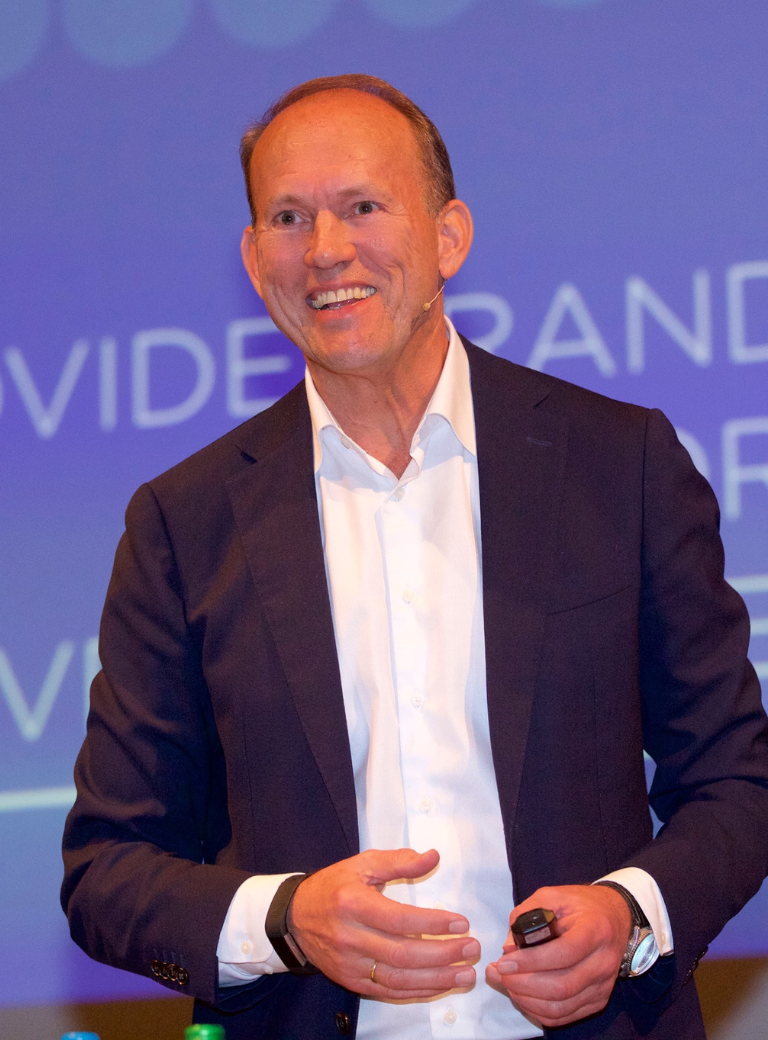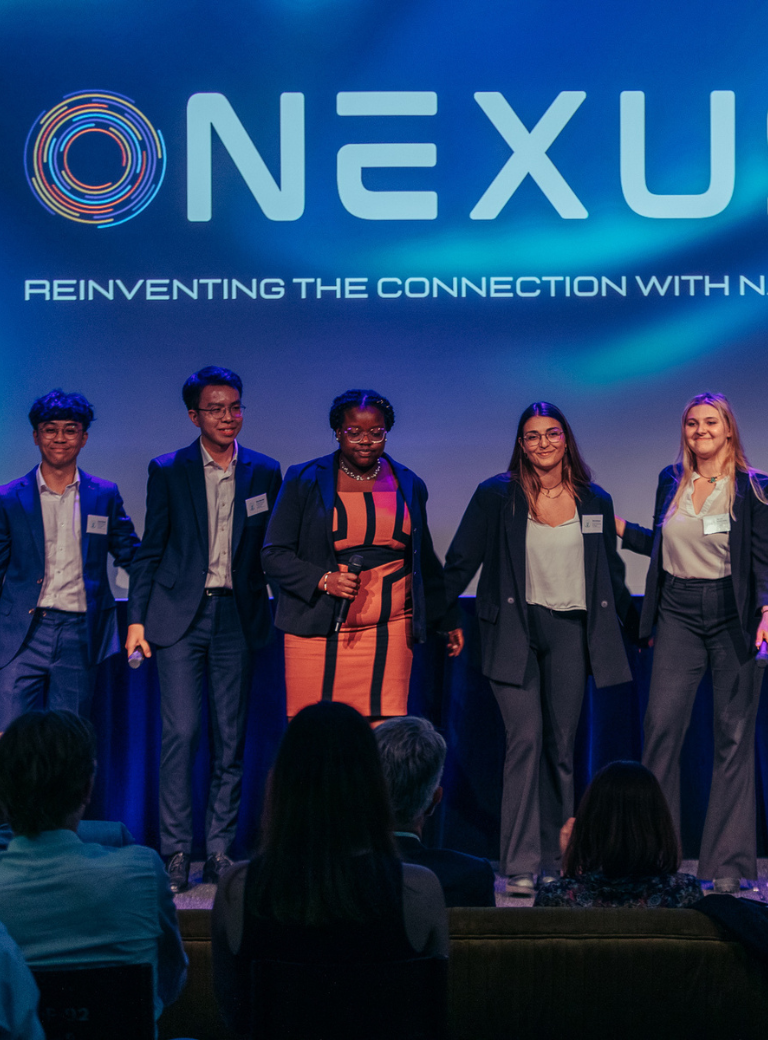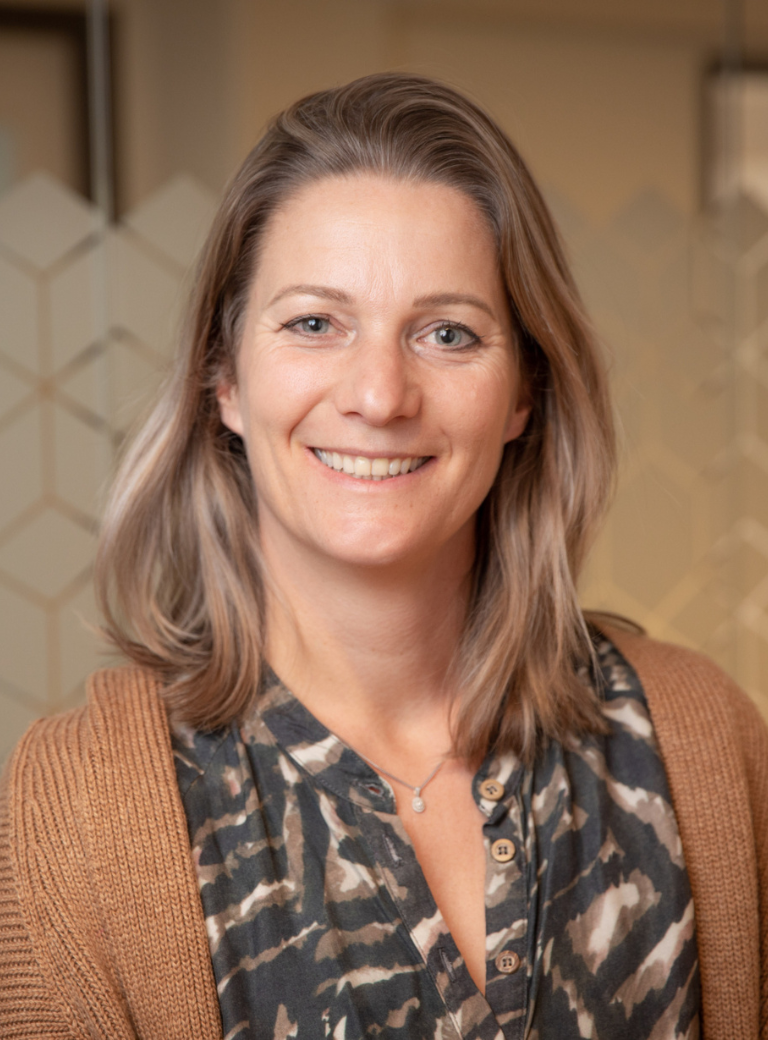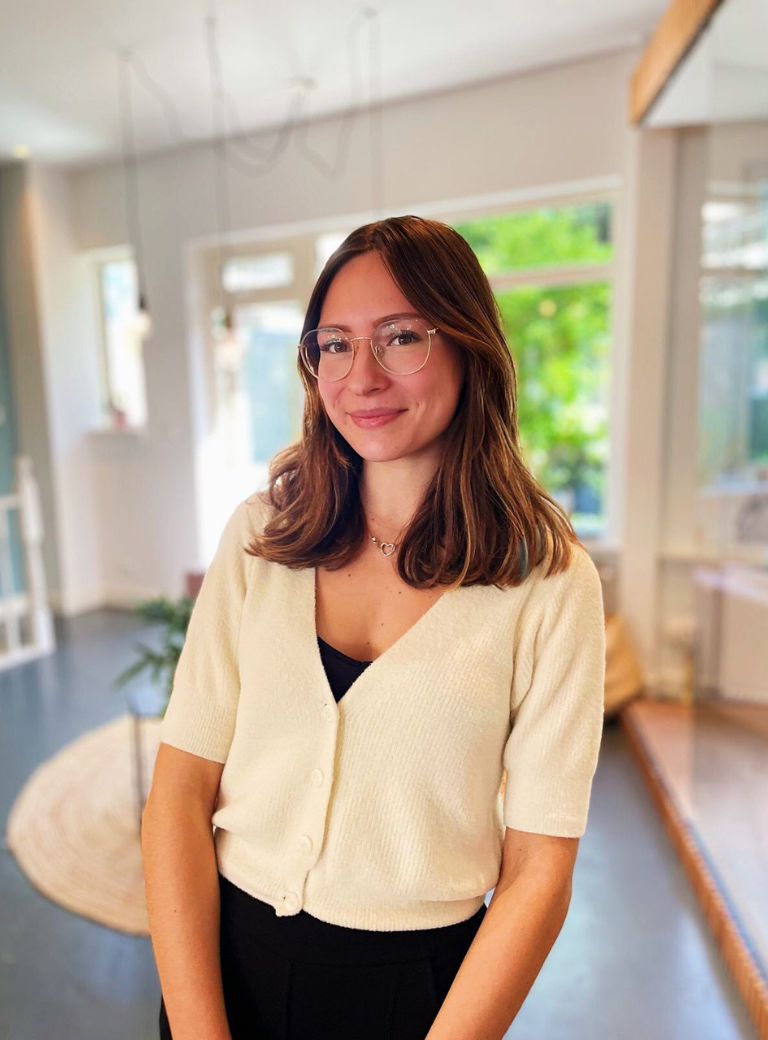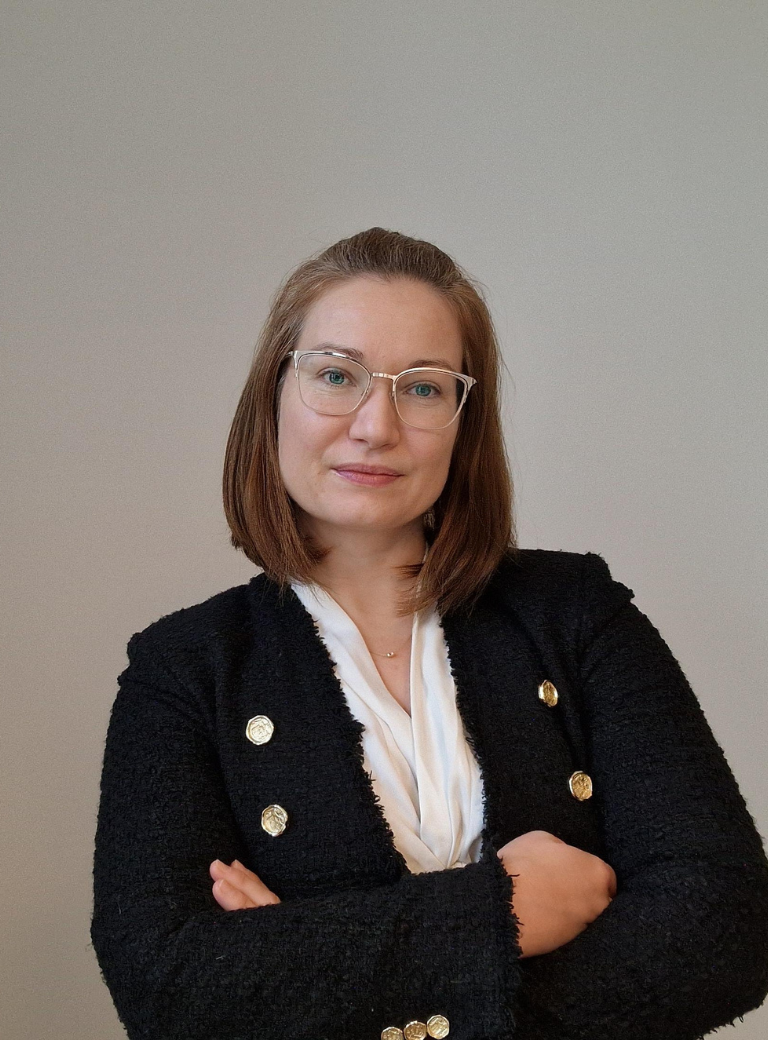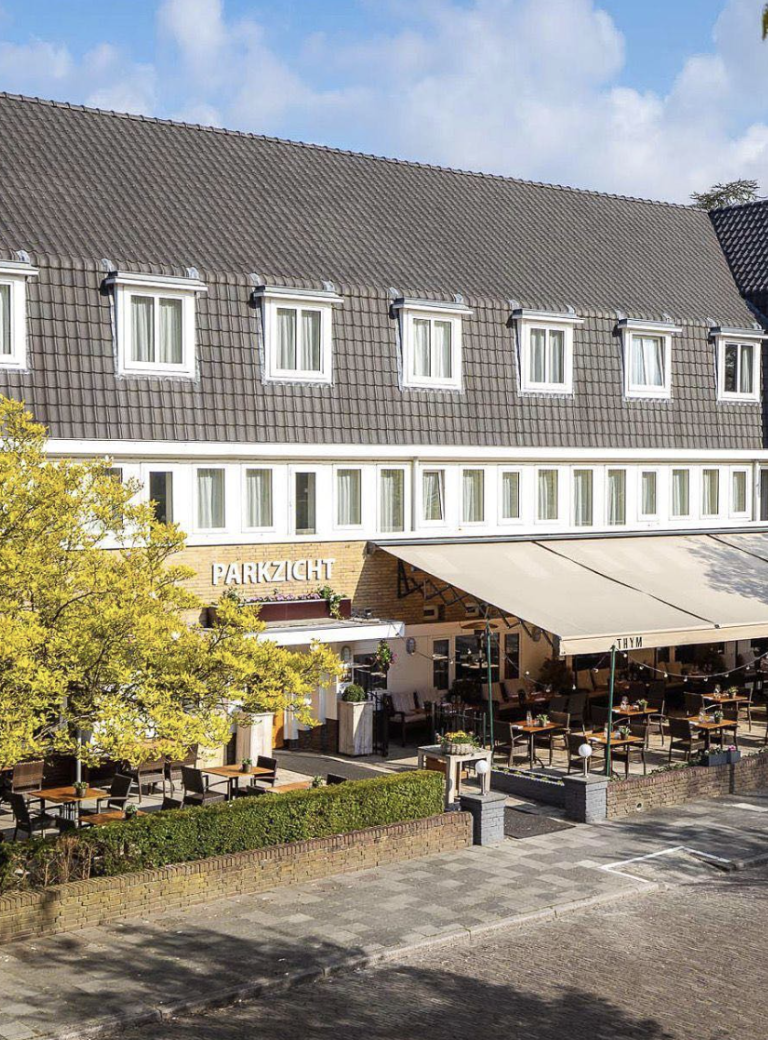

From the Netherlands to Asia: alumnus Michiel de Kleer on his career journey
Life can take you anywhere as its true excitement lies behind spontaneity and unexpectedness. We believe that the key to new beginnings is embracing opportunities and continuously welcoming new challenges. This week we have the pleasure of introducing Michiel de Kleer, an alumnus who graduated in 2003, and has been living in different parts of Asia ever since. As his childhood lifestyle involved moving every three or four years to different countries or even continents, Michiel pursued the same lifestyle in his career. Currently he lives in Thailand, but let’s find out more about his past journeys!
How was your childhood?
Packed with memories! I was born in France, then moved to Egypt where my younger brother was born, and then to Suriname, followed by the Caribbean. The lifestyle there was amazing, even for a 10-year-old boy. One of the most exciting experiences was moving from Switzerland to Colombia in 1992 and actually seeing the hunt for Pablo Escobar. However, since the situation in Colombia started to aggravate as days went by, my brothers and I got sent back to The Netherlands by our parents.
After finishing high school I felt the need for some time off, so I decided to take a gap year. During this time, I worked in restaurants and kitchens, followed by a job in England and even one back in The Netherlands, for Nationale Nederlanden. After that, I started my journey on The Hague campus.
What did you do after finishing university?
While I was a student at Hotelschool The Hague, my parents got relocated to Hong Kong. After my visit in 2000, which was also my first trip to Asia ever, I realised straight away that Asia was the place where I wanted to be. It was the hotels, the fast pace of Hong Kong, and the ease of traveling that convinced me. Hence, upon my graduation in 2003, I entered the Asian world of hospitality.
Could you tell us a bit more about your current role?
I’m currently the General Manager (GM) at Hotel Indigo Bangkok Wireless Road. The thing about being a General Manager is that you are ready for it but never 100%. Besides having the last word in making decisions that will influence the hotel, a GM needs to constantly engage with the stakeholders. In my case, my role implies assuring a balance between corporate, employees, and owners. I consider this role-specific task to be one of the most complex ones as it involves negotiation, planning, tact, and much more.

From your point of view, what has the pandemic changed the most in your industry?
One of the blessings of the Asian business world is having plenty of human resources available. Because of this, many hotels choose to fix problems just by hiring more people. However, there has always been a desire to slowly move to the European business model regarding staff. Even though nobody actually started to implement it by the book, the pandemic pushed many companies towards it. Thus, the challenge now is to deliver the same expectations with less headcount than usual. This matter is more complex as Thailand is known to be a land of smiles when it comes to services and unfortunately, the pandemic has changed that to some extent.
How was it like working in numerous Asian countries?
Daunting, without any shadow of a doubt. For instance, there were noticeable differences even between regions of the same country. The contrast between Hanoi, which is situated in the Northern part of Vietnam, and Saigon, which is in the South, is a very good example. The Northern part of the country can be regarded as very traditional and conservative while the Southern part is turned towards capitalism, pursuing to be an outgoing, economic center. However, I just consider that moving from one country to another is a matter of adapting. I lived in Vietnam for eight years, in Thailand and Singapore for six, and I also had secondments in Indonesia and the Philippines. My advice is just to make the most out of it!

How do you imagine the tourism industry in the future, when we will begin seeing the more severe effects of the climate crisis?
I consider that hotels are not environmentally friendly yet. Not across the broad spectrum, at least. Some individual hotels and companies do a very good job in this respect, but five-ten years ago all kinds of garbage were disposed off in the same way while in Europe, trash started being segregated a lot earlier. Nonetheless, there have been many steps taken towards sustainability in the last few years under the form of commitments of various companies to reduce waste or plastic usage.
I believe that the mindset of the customer is still to be changed, given that it plays such a valuable role. Even though not everyone is open or welcoming, I think that current and future hospitality leaders should take the lead in educating and initiating sustainability-related changes to reduce the negative effects of consumerism.
What achievement are you most proud of?
Back in Hanoi, my team and I used to do amazing events. One of the last ones was the APEC Summit in 2006 in which we served 990 guests, including 26 presidents and prime ministers. I am very proud of having succeeded in organizing an event of such an impressive scale.
Another moment that was very valuable in my career was the pre-opening of the Sheraton Nha Trang. It was the very first time doing this, where we had over 10.000 candidates for 280 positions that needed to be filled. Regardless, we managed to find the right talent, accepting candidates that had just graduated back then with no real experience, and going with them throughout the whole training process. It was very fulfilling seeing them ten or eleven years later having their own businesses, married, or having kids. I am still in contact with many of them to this day!
What do you consider your biggest failure?
One occurrence that is representative of my experience as a whole relates to the time when I moved to Manila to aid in the conversion of a hotel. For a very long time, I had been working in predominantly Buddhist countries. Nevertheless, the Philippines is a Catholic country and the conversion was happening exactly a week before Christmas. Having been used to the Buddhist rite, I failed to realise that everything was about to close down for Christmas. So, there I was on the 23rd of December, doing the conversion of the hotel and finding out on the 24th that everyone was gone for two weeks, including the people from the corporate offices and owning company. I should have definitely done a bit more research beforehand.
After listening to so many captivating stories from Michiel, we asked our rapid-fire questions to find out more about this outstanding graduate who traveled far and wide throughout his career. Here is what we discovered:
Favourite place to visit?
Definitely Switzerland! We had an apartment near Evian next to a lake, so we used to go there every summer and winter. The combination of mountains, water, fresh air and outdoor activities was my favourite and still is to this day.
Favourite thing about living in Thailand?
It is an amazing country to live in! From the people to the food and culture, I cannot pick one single aspect that I enjoy the most. I consider that the people are very warm and welcoming, and the food is sensational. My favourite Thai dish is Phat Kaphrao, which is minced pork with basil leaves.
What is your advice for students graduating in 2021?
In this current pandemic, never give up! When I graduated from Hotelschool The Hague in 2003, there was the SARS epidemic in Hong Kong/Asia. Even though the continent was shutting down, I kept applying. I think I sent over 1.000 e-mails and eventually, my very first employer from Vietnam agreed to hire me. Just be patient and keep applying because trust me, there is light at the end of the tunnel.
